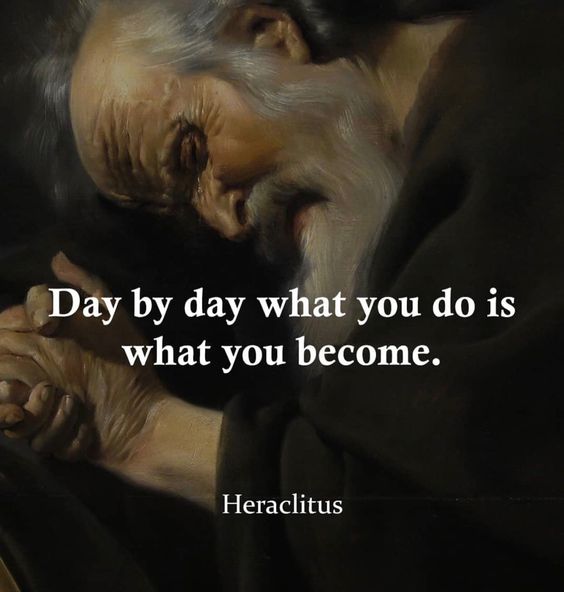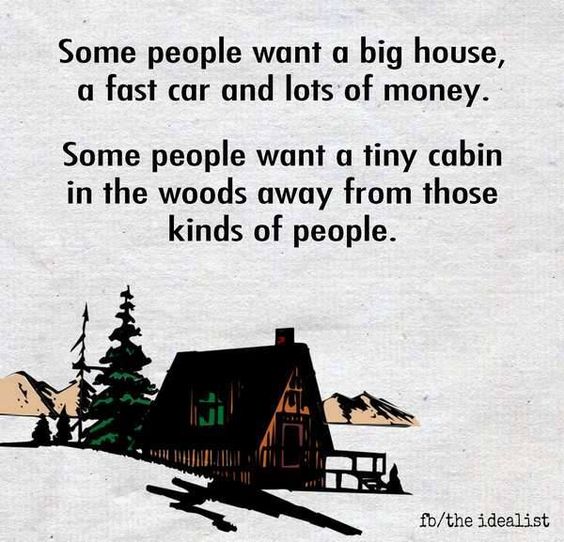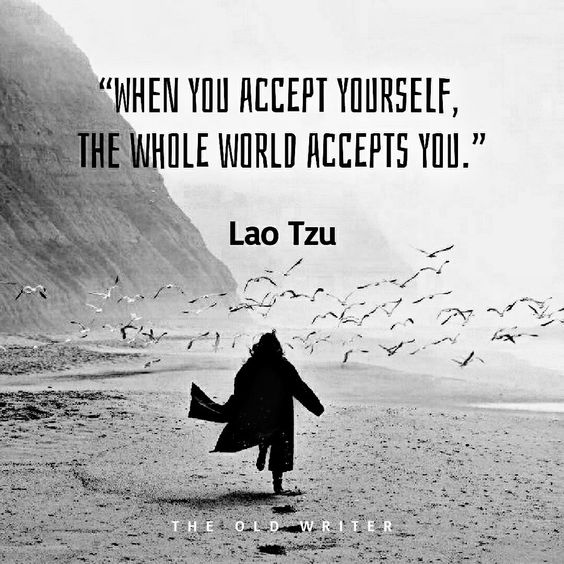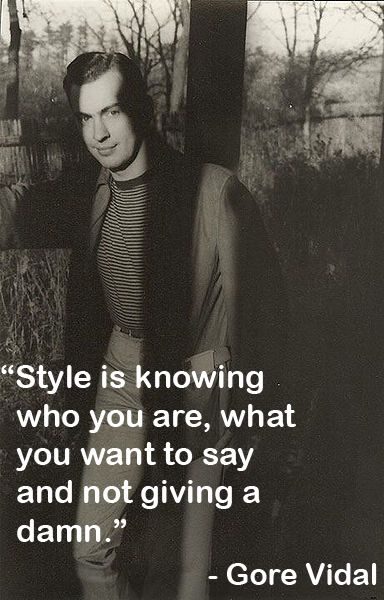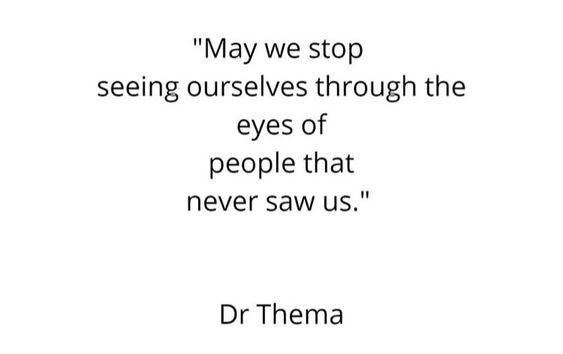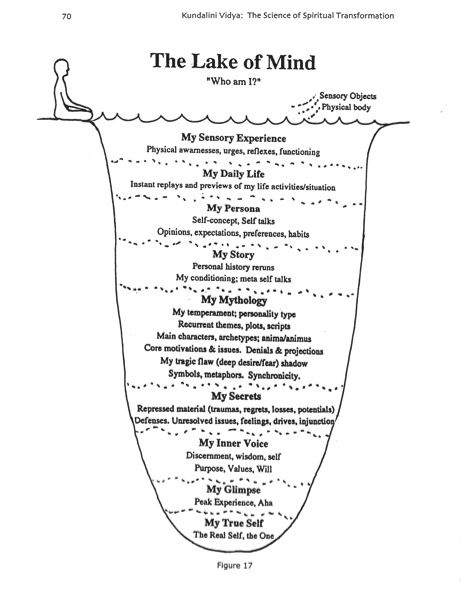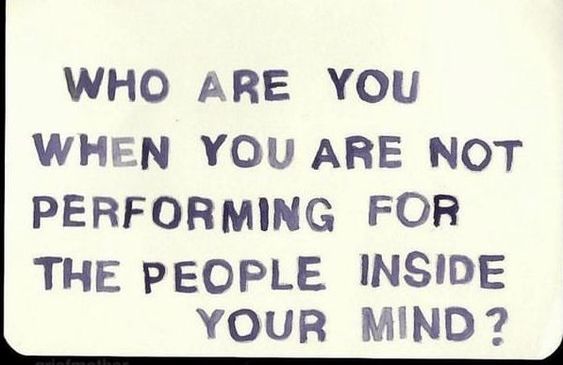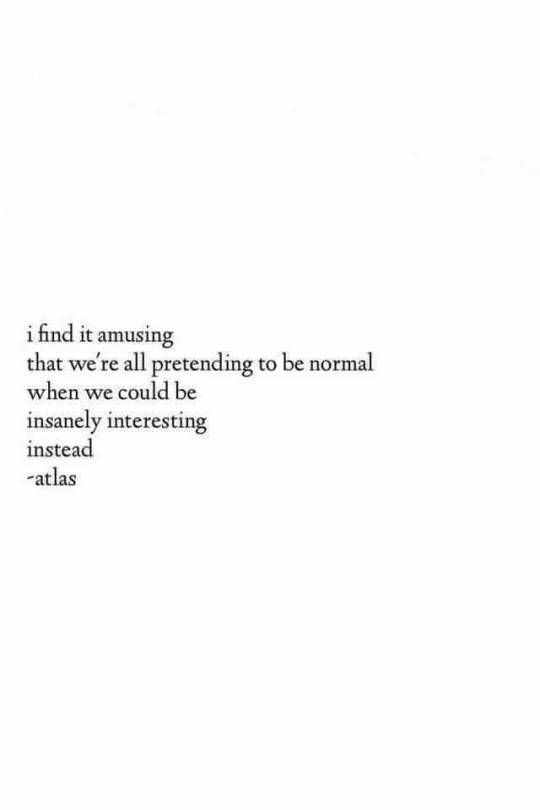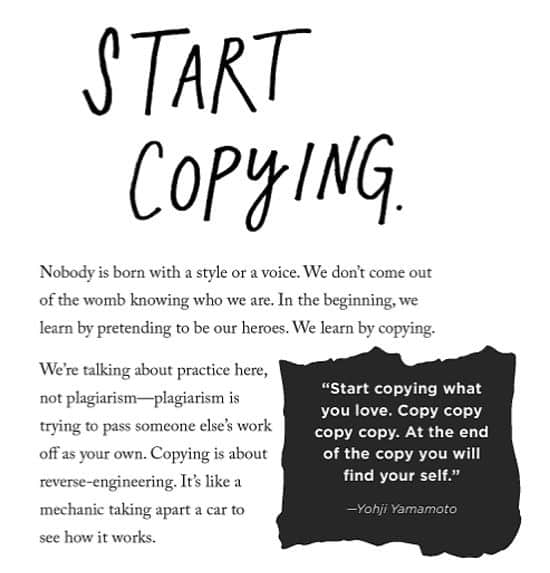“In trying to conform to [an] ideology, you suppress yourself—whereas what is actually true is not the ideology but what you are. If you try to study yourself according to another you will always remain a secondhand human being.”
J. Krishnamurti, Freedom From The Known (Page 17)
“I beg you, to have patience with everything unresolved in your heart and to try to love the questions themselves as if they were locked rooms or books written in a very foreign language. Don’t search for the answers, which could not be given to you now, because you would not be able to live them. And the point is to live everything. Live the questions now. Perhaps then, someday far in the future, you will gradually, without even noticing it, live your way into the answer.”
Rainer Maria Rilke, Letters to a Young Poet
“It can be very difficult to have one’s own space. But unless you have your own space, you will never become acquainted with your own being. You will never come to know who you are. Always engaged, always occupied in a thousand and one things—in relationships, in worldly affairs, anxieties, plans, future, past—one continuously lives on the surface. If you love yourself deeply and go down into yourself, you will be ready to love others even more deeply, because one who does not know oneself cannot love very deeply.”
Osho, Everyday Osho (Page 153)
“The Zen master warns: ‘If you meet the Buddha on the road, kill him!’ This admonition points up that no meaning that comes from outside of ourselves is real. The Buddhahood of each of us has already been obtained. We need only recognize it. Philosophy, religion, patriotism, all are empty idols. The only meaning in our lives is what we each bring to them. Killing the Buddha on the road means destroying the hope that anything outside of ourselves can be our master. No one is any bigger than anyone else. There are no mothers or fathers for grown-ups, only sisters and brothers.”
Sheldon B. Kopp, If You Meet Buddha On The Road, Kill Him! (Page 188)
“As children we owned all of ourselves. As adults, in response to the expectations of others, we have had to hide much of ourselves away, out of sight even from our own eyes. The cost of such voluntary losses is great. No one can afford to give up any part of himself. All of you is worth something. Even the evil can be a source of vitality if only you can face it and transform it.”
Sheldon B. Kopp, If You Meet Buddha On The Road, Kill Him! (Page 141)
“Patients learn in the course of telling their tales that they can discover themselves by becoming curious about the other struggling human beings with whom they live in the world. The only times that we can have what we long for are those moments when we stop grasping for it. At such times, all things are possible: ‘to a mind that is ‘still’ the whole universe surrenders.'”
Sheldon B. Kopp, If You Meet Buddha On The Road, Kill Him! (Page 65)
“Each man has his Enkidu, his other half, his hidden self. The more he is out of touch with his double the more a man’s life is an empty and unsatisfying burlesque. When such a man comes to me as a pilgrim/patient, then like the goddess, Aruru, I try to introduce him to his double, so that they may come to embrace one another. For one strong man who lives like a brute, there is the double of his own soft helplessness to be met. Without his weak and passive double, his capacity for tenderness and gentle touch is also lost. For another sort of half-man who meets the world as Mr. Nice Guy, there is the danger of living a life of self-degrading appeasement. In order to become free to assert himself when he needs to, he must first be introduced to the ruthlessly dangerous double of his undiscovered rage.”
Sheldon B. Kopp, If You Meet Buddha On The Road, Kill Him! (Page 32)
“All of the truly important battles are waged within the self. It is as if we are all tempted to view ourselves as men on horseback. The horse represents a lusty animal-way of living, untrammeled by reason, unguided by purpose. The rider represents independent, impartial thought, a sort of pure cold intelligence. too often the pilgrim lives as though his goal is to become the horseman who would break the horse’s spirit so that he can control him, so that he may ride safely and comfortably wherever he wishes to go. If he does not wish to struggle for discipline, it is because he believes that his only options will be either to live the lusty, undirected life of the riderless horse, or to tread the detached, unadventuresome way of the horseless rider. If neither of these, then he must be the rider struggling to gain control of his rebellious mount. He does not see that there will be no struggle, once he recognizes himself as a centaur.”
Sheldon B. Kopp, If You Meet Buddha On The Road, Kill Him! (Page 7)
“If you’ve lost yourself in the relationship, find yourself in the heartbreak.”
Jay Shetty, Think Like A Monk (Page 252)
“The next moment is the moment when what we look forward to ends, and it is just us with ourselves. It is interesting to explore: how are we with the next moment? Do we quickly try to plan another trip or meal? Or can we just be in that moment as it is, without anything special needing to happen? How we relate to the next moment tells us a lot; it allows us to see when nothing is happening, what our resting place is … and if our resting place is constant stimuli, we miss our life.”
Soren Gordhamer
“A monk is a traveler, but the journey is inward, bringing us ever closer to our most authentic, confident, powerful self. There is no need to embark on an actual Year-in Provence-type quest to find your passion and purpose, as if it’s a treasure buried in some distant land, waiting to be discovered. Your dharma is already with you. It’s always been with you. It’s woven into your being. If we keep our minds open ad curious, our dharmas announce themselves.”
Jay Shetty, Think Like A Monk (Page 98)
